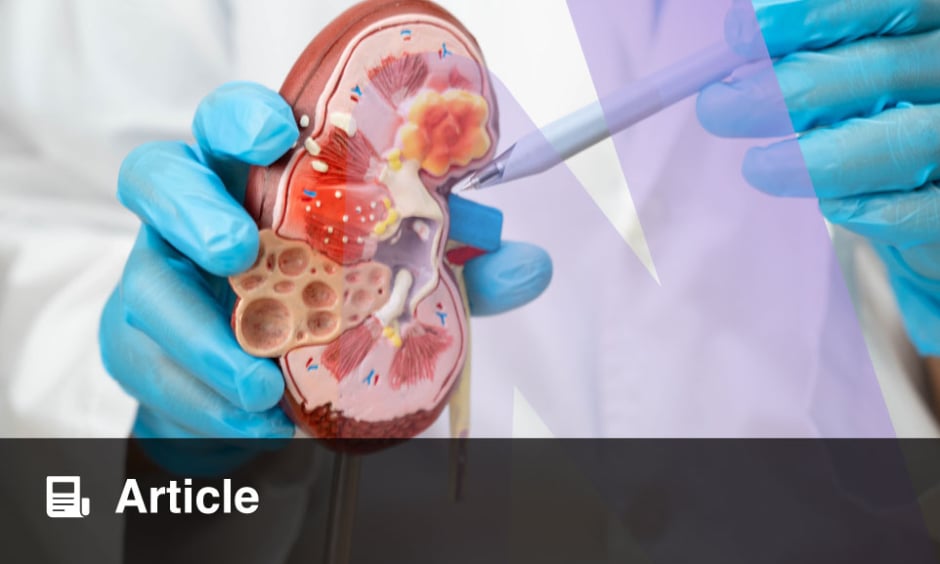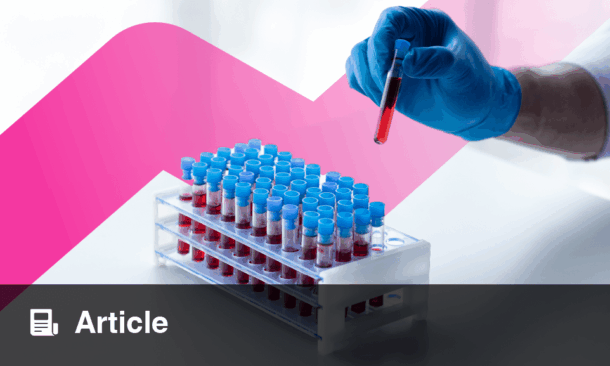Katherine Colvin | Editorial Manager
![]()
THE IMPACT of climate change is clear, urgent, and formidable, with the effects of climate change on health an immediate threat to patients and populations both now and in the future. The Royal Society of Medicine (RSM) shared a series of 10 expert-led presentations on the ‘Health Emergency of Climate Change’ in 2021, with the closing presentation focusing on the role of healthcare professionals in addressing the health impacts of climate change. Linda Luxon, RSM Council Trustee, hosted a discussion between Cheryl Holder, President of the Florida State Medical Association and Co-chair of the Florida Clinicians for Climate Action, USA; David Pencheon, Founding Director of the National Health Service (NHS) Sustainable Development Unit, UK; and Rita Issa, Clinical Research Fellow in Climate Change, Migration and Health at University College London, UK, and Co-founder of Doctors for Extinction Rebellion. Their discussion highlighted the scope of the issue facing healthcare professionals, identifying strategies that can allow clinicians to be advocates for the health of their patients as well as have an impact on wider policy and systems-level changes to address this health emergency.
ROLE FOR ADVOCACY
“Whether its pollution, whether its excess heat, or whether it’s where vectors fly and carry disease, we know that the impacts on health of climate change are happening now.” This statement from Jeremy Farrar, Director of the Wellcome Trust, London, UK, opened the discussion between the clinicians. Each of the speakers shared their thoughts on why doctors and healthcare professionals should take up the mantle of advocacy as part of their healthcare practice.
Pencheon spoke of the value of normalising climate change advocacy as part of the role for doctors by “framing climate change as a health issue. It is our duty of care.” He suggested that clinicians and healthcare professionals use the ‘small talk’ of their consultation to address topics of climate change, as this is a less provocative or lecturing way to introduce these elements to clinical practice. He gave examples of mentioning what is in your lunchbox or explaining why you are perspiring following cycling to work: “Give licence to introduce the topic as a normal topic of conversation about how we live our lives today.”
Holder drew parallels to her prior professional experience with the early pandemic days of HIV and AIDS in the 1980s, “recognising the role that we played as clinicians to be activists, advocates, educators.” She spoke of the need to address social and environmental determinants of health as both part of healthcare but also as a mechanism for addressing climate change: “Centring health is centring life because health is a lot more than the physical loss, but is where you live, where you work, where you play, and if we address those factors, especially for poorer people, we will get an immediate response and achieve that reduction in less than ten years.”
Pencheon highlighted the value of every healthcare professional taking the opportunity to discuss the impact of climate change on health, due to the respect that patients have for the insights of their clinicians and the scope of practice: “Health professionals are dangerously influential: people actually believe what we say;” and “In the NHS, we interact with one million people every 36 hours: that is a huge opportunity.”
Issa cautioned that discussions around climate change and health should look beyond interactions with individual patients, to the institution or clinic level, community level, and wider healthcare systems. She highlighted how prescription choices, review of foods offered in hospital canteens, and consideration of transport options to clinics and hospitals centres the focus on institution-led change rather than placing the onus solely on individual patients.
HEALTH SYSTEMS SOLUTIONS
The discussion looked beyond individual patient interactions and community- or institution-level advocacy to consider the impact that healthcare professionals can have on entire healthcare systems and wider policy.
Issa particularly championed the view that doctors as professionals and as a profession could have a greater advocacy role and greater involvement in the climate change movement at a political and systems level. Currently, she believes, many advocacy actions taken by doctors are focused on their local health services and practices, and the actions of their colleges and societies; however, she believes that the medical profession should become more involved in political advocacy in the climate change movement. Sharing her thoughts when first marching in Extinction Rebellion protests: “I was marching because I care about the health of my patients, and I recognise that climate change is one of the greater health threats that we have globally. To me, not to act on the climate crisis went against my duties as a doctor, where I’m bound by good clinical practice to hold human life with the utmost respect and to practice from a scientific evidence base.”
Holder drew attention to the population groups affected by environmental change, pollution, and heat stress, and how policy-based and inter-industry attention is needed to improve the health of populations affected by asthma, allergies, and cancers that have resulted from climate change: “these were populations that were reacting to the pollution, to what we were doing to our climate. And instead of us responding by valuing the population, we kept putting it ‘not in my backyard’, kept putting it somewhere else. So, the deeper issue in our society comes back again to equity and looking at the policies that drove a population to be impacted.” She highlighted that a systems-level impact is necessary for health justice as well as effectiveness of response.
QUESTIONS FOR THE EXPERTS
“What’s Holding Doctors and Medical Professionals Back from Promoting a Diet of Plant-Based Foods?”
Holder explained that diet is often a cultural and economic issue, not just a health and environmental issue. “I don’t believe in pushing change by lecturing; you motivate folks by empowering them and having them buy into the system.” In her own interactions with patients, she emphasises the health impacts of dietary change, particularly on cholesterol, blood pressure, and weight, as this allows for the conversation around reducing red meat in their diets to be framed as both a health solution and a climate solution.
Pencheon highlighted that the scale and scope of health systems internationally means that there are innovations already in practice that we can learn from. He pointed to the example of hospitals in Malaysia that are meat-free: “One of the best ways to introduce large-scale change in a complex system like a health service is to find someone who’s doing it already and just ‘big it up’.”
Issa highlighted her work at the Bromley-by-Bow practice, London, UK, a clinic known to be the ‘birthplace of social prescribing’, where the clinic includes a community vegetable garden that general practitioners can refer patients, with the chance to learn from the gardeners about growing healthy, seasonal food and to take healthy cooking classes. She spoke about how allowing patients to “put their hands in the soil” empowered them with knowledge and healthier choices, as well as proving beneficial for mental health and community-building.
“How Can Doctors Influence Beyond Medicine to Make a Difference?”
The three speakers agreed that healthcare professionals should have more of a voice in policy: social policy, industrial policy, and political policy, as all these elements contribute to the social and environmental determinants of health.
Issa is confident that healthcare professionals are capable and valuable in health advocacy, as they are trained to take complex scientific information and present it to their patients in a way that is going to be understandable and that encourages change. Pencheon underlined the importance of engaging with people both emotionally and rationally; he highlighted clinicians’ skills at tailoring their consultation style to suit individual patient’s needs and understanding, but feels that this nuanced tailoring of engagement is not translated to how clinicians interact with politicians, policy makers, and the public. He advocated this tailored approach for communication as a valuable tool for engaging with policy makers and politicians. Holder drew parallels with the success of health practitioners in addressing the early days of the HIV and AIDS pandemic, using this as an example of doctors championing policy progress: “If doctors are understanding that we are working for health and health improvement, it becomes less political.”
“What Can Quickly Emphasise the Urgency of this Situation?”
Issa proposed that better collaboration and communication among small groups, community groups, clinics, and health services trusts that have local programmes and policies in place would leverage this local passion for systems-level change in the wider health service.
Holder highlighted that immediate change in the USA health system needs to be cost-saving, so she recommended a sustainability employee in every hospital, with some immediate focus on things like reviewing single-use plastics and thermostat settings for speedy impact. Demonstrating an impact from these interventions would then serve to justify faster action towards larger changes.
Finally, Pencheon recommended combining social and environmental governance with financial governance (in all big institutions, not only health systems and health institutions) to better allow institutions to live up to their responsibilities, particularly to Do No Harm.








